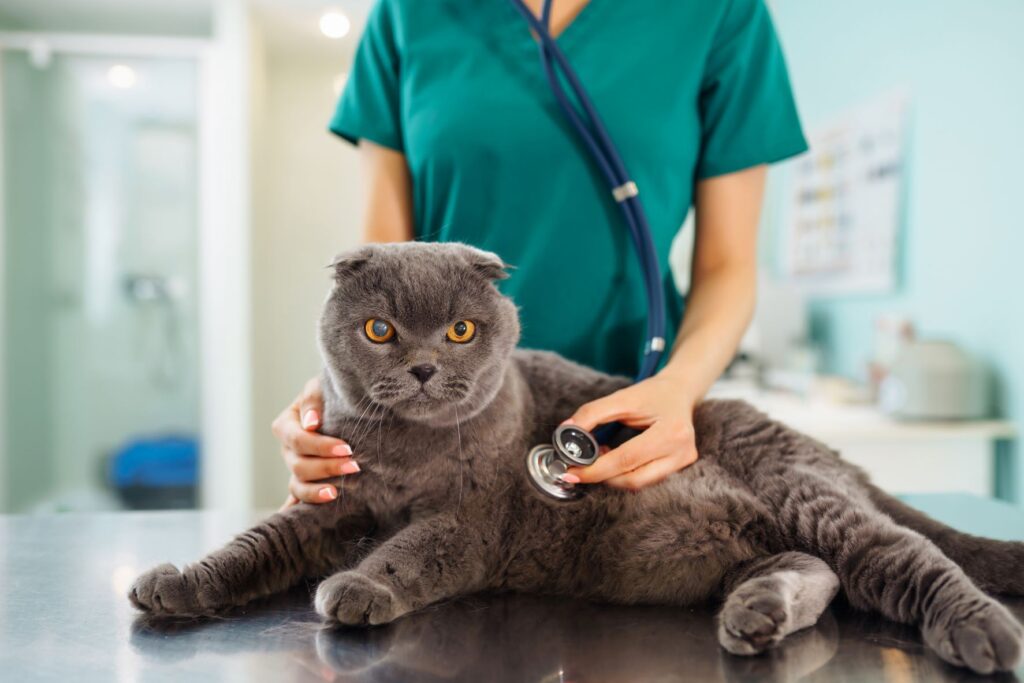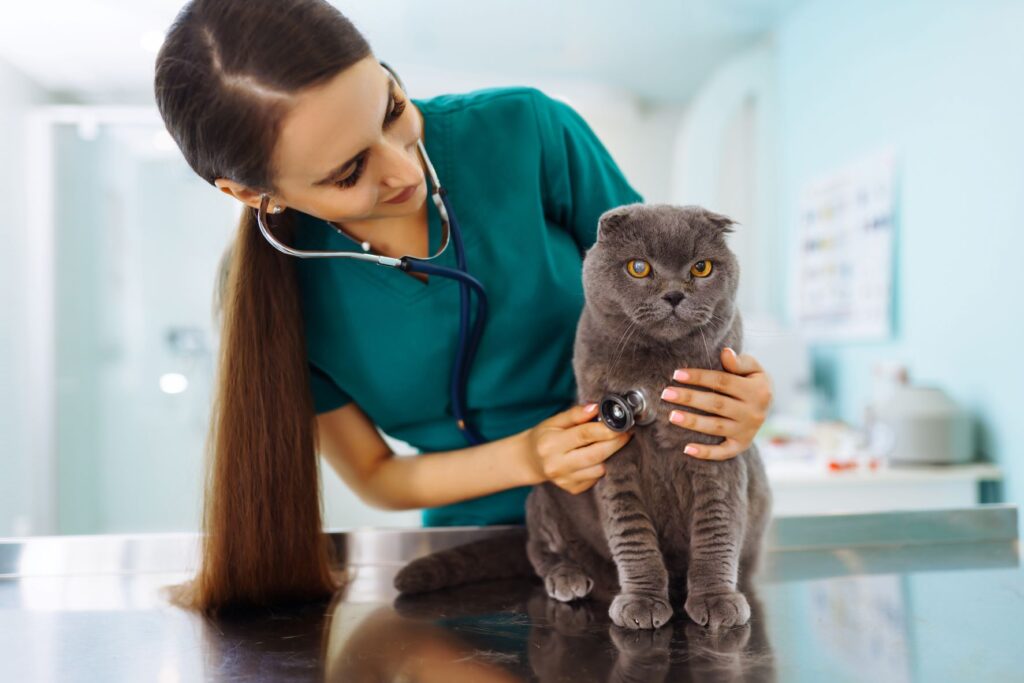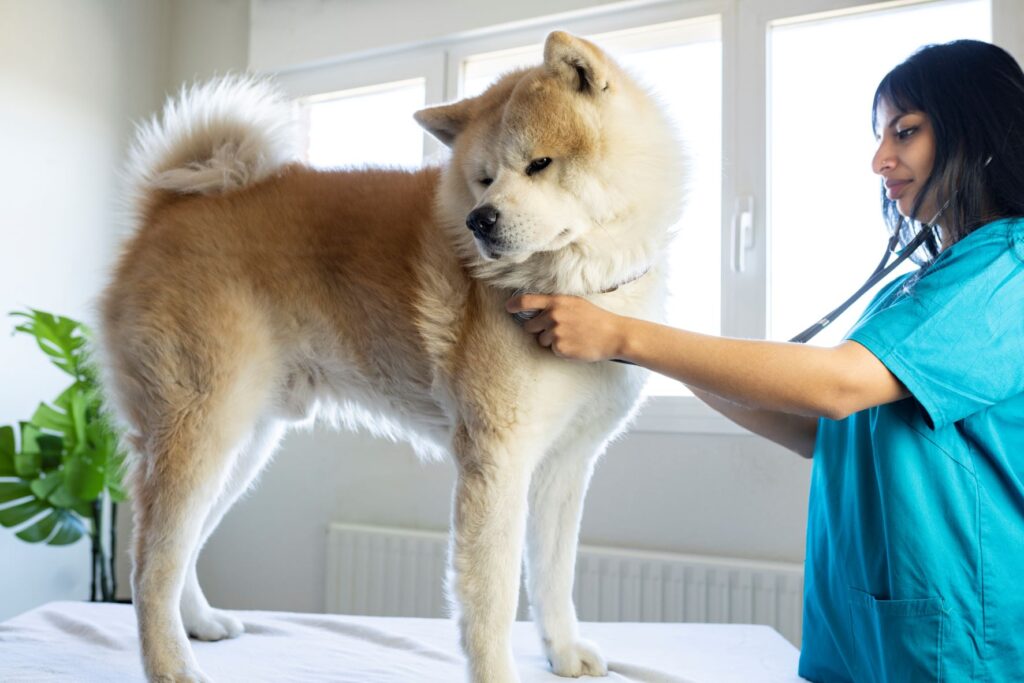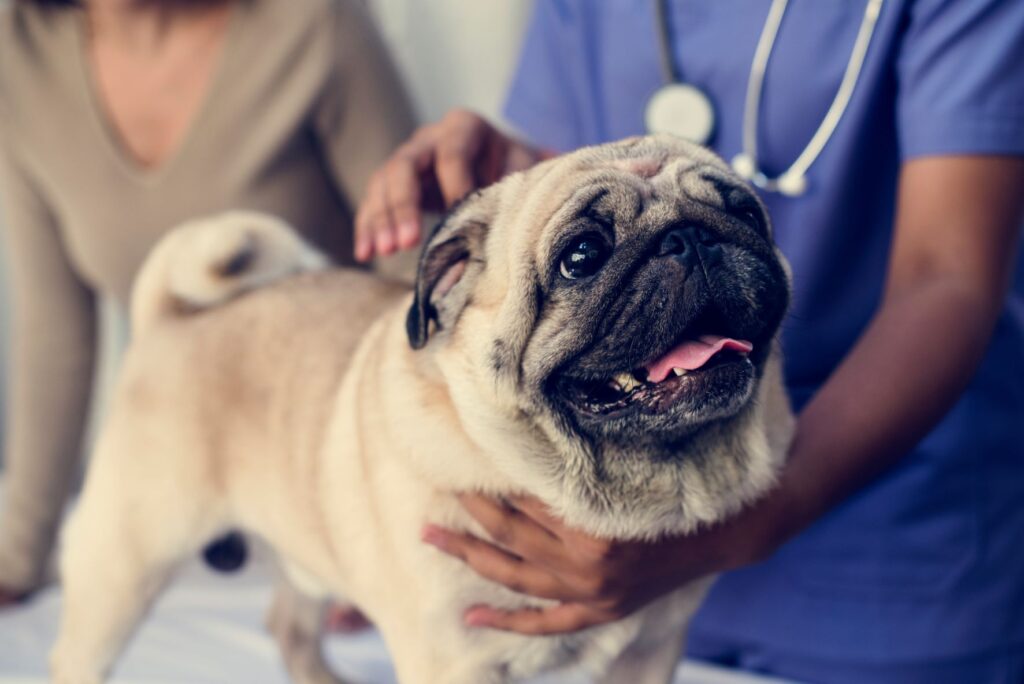What is the Meaning of Veterinary Services?
Veterinary services refer to the practice of veterinary medicine. These services can be provided in many ways. These services include veterinary medicine, surgery, and management.
Veterinary medicine
Veterinary medicine and vet services are medical fields that deal in the diagnosis, treatment and prevention of disease in animals. It also includes nutrition, product development, husbandry, and research on nutrition.
Veterinarians treat many different species of animals. These include farm animals and zoo animals as well as pets birds. The pharmaceutical industry also employs veterinarians to perform clinical evaluations, safety testing, and drug testing.
Public health services can also be provided by veterinarians. They work with local governments to promote food safety and animal health. Veterinarians also serve as surveillance experts to prevent zoonoses and bioterrorism. Veterinarians also contribute as researchers, laboratory scientists, and epidemiologists.
Public health educators are also performed by veterinarians. They have played an important role in developing a number of effective and safe vaccines for cats, dogs, and other companion animals.
Veterinary surgery
Veterinary surgery is a branch of the veterinary profession that involves the surgical removal of a diseased or injured animal. It is a multi-disciplinary discipline involving various specialties including pathology, anesthesiology, and surgery. There are several major branches to choose from, such as surgery, oncology, and neurosurgery.
There are many reasons to perform surgery on your pet. These can be either cosmetic or medical. One of the most important reasons to perform surgery on your pet is to preserve its quality of living and ensure its longevity. Some surgical procedures can be performed without the need for anesthesia, while others may require more incisions. Some of the more complicated procedures include joint replacement, bone grafting, and cranial-cruciate ligament deficiency fix.

Veterinary specialists
Veterinary specialists are veterinarians who are trained in a specific area of veterinary medicine. These veterinarians usually work in a university teaching facility or in a private practice. They often work in a team with other veterinarian specialists. They also participate in continuing education events. They are often the leaders of research and clinical trials for the veterinary community.
The training of future veterinarians is a key part of the role played by veterinary specialists. They offer expertise, leadership, as well as a valuable perspective to clients. They also have access to state-of the-art facilities and a supportive team. They are often referred by a primary care veterinarian. A specialist may be recommended to patients with complex illnesses.
Veterinary care and management
The profession of veterinary care and management helps to keep animals safe. Veterinarians may specialize in a particular medical discipline or animal species. They may work in laboratories or clinics, or they may conduct research. In addition, veterinarians may work in public health programs to help keep people and animals healthy. They may also be involved in military service.
Veterinarians in the military protect troops through communicable-disease monitoring and control programs. Veterinarians in the military also perform biomedical research and protect military dogs.
A national government may employ veterinarians. Local governments employ veterinarians for animal health programs and public health. They might also be involved in agricultural research and food-animal inspection. They may also work in pharmaceutical companies, performing safety testing on medicines and vaccines.
Associations for veterinary owners
The veterinary owners’ associations are a new entrant in the veterinary industry. They are not the only stakeholders in veterinary business.
Aside from the obvious players, such as veterinarians and clinics, there are numerous others. There are many other players, including government agencies, cooperatives, as well as nonprofit veterinary clinics which operate as tax-subsidized facilities.
Many countries have yet to implement a formal veterinary reform plan. The legacy of the past is a power configuration skewed towards the public sector. This means that the government is tasked with drafting new legislation and elaborating the rules of the game.
It is no secret that the livestock sector has seen many changes over the years. The industry has seen technological advances that have been invaluable. The industry is not yet fully market-oriented. In addition, the industry is characterized by a large number of small producers. Therefore, a comprehensive approach is required.
Veterinary services in the poorest areas of the world
The veterinary services in the most disadvantaged areas of the world play an important role in alleviating poverty. Animals are a source of income for many rural poor communities. They are also vital to the security of communities. However, they have been severely marginalised in many developing nations. These services are not well-resourced, leading to uncontrolled epidemics and poor health for both animals and humans.
Private veterinary services are slowly developing in the developing world. The private sector is concentrated in large areas of livestock production in many countries. Private veterinary services can be limited in areas with low livestock production. In arid and semi-arid areas of Kenya, few private veterinarians are operating.


